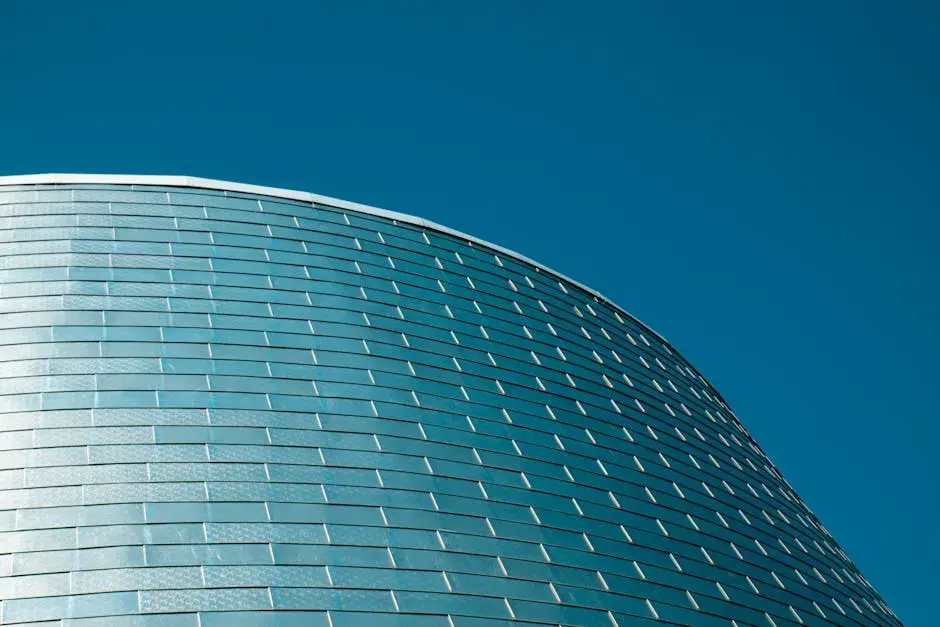How Privacy Glass Can Transform Public Spaces into Sanctuaries
- Amdoh
- May 1, 2024
- 4 min read
How privacy glass enhances public spaces
Privacy glass is a modern solution for transforming public spaces into private sanctuaries. By using privacy glass, public areas can quickly adapt to the need for seclusion and comfort. This specialized glass can change from transparent to opaque at the flick of a switch, offering instant privacy without compromising natural light. The versatility of privacy glass extends to its ability to reduce noise levels and increase energy efficiency in buildings, making it a valuable addition to various public settings.

Benefits of using privacy glass
Privacy glass offers several benefits for public spaces. It provides a sense of seclusion and solitude in areas that may otherwise feel exposed. The use of privacy glass can enhance the tranquility of a space by reducing visibility from the outside. Additionally, it can act as a barrier against noise pollution, creating a more peaceful environment. Furthermore, privacy glass can contribute to the aesthetic appeal of an area, adding a modern touch while still allowing natural light to filter through.
Types of privacy glass available
There are different types of privacy glass you can choose from to transform public spaces. Some of the common options include: frosted glass, tinted glass, and switchable privacy glass. Frosted glass has a blurred appearance, tinted glass reduces visibility from the outside, and switchable privacy glass can change from transparent to opaque with the flip of a switch. Each type has its unique features and benefits, catering to different preferences and needs.
Privacy glass technology and innovations
Privacy glass technology continues to evolve with innovative solutions for creating private spaces in public areas. Smart glass, a type of privacy glass, uses electrical currents to control the transparency of the glass, offering the flexibility to switch between clear and opaque with just a click. This technology enhances privacy in offices, homes, and healthcare facilities. Privacy film is another option that can be applied to existing glass surfaces to create a frosted or tinted effect for increased privacy. As advancements in privacy glass continue, it opens up new possibilities for transforming public spaces into peaceful sanctuaries without compromising on natural light.
The impact of privacy glass on architecture
Privacy glass is a modern architectural innovation that provides a balance between openness and seclusion in public spaces. By incorporating privacy glass, architects can create environments that offer a sense of tranquility and comfort to individuals. The use of privacy glass in architecture enhances natural light penetration while maintaining a level of discretion. This technology allows for versatile design possibilities and promotes a harmonious interplay between interior and exterior spaces.
Implementing privacy glass in urban design
Privacy glass is a modern solution for urban spaces, offering both functionality and aesthetics. By using privacy glass in urban design, architects and city planners can create secluded areas within bustling environments. This type of glass can switch from transparent to opaque with just a flick of a switch or the touch of a button. This transformation gives individuals a sense of control over their surroundings, offering privacy when needed without compromising natural light. Such innovative use of materials can provide a sanctuary-like feel in public spaces, enhancing the overall experience for visitors and residents alike.
Creating tranquil environments with privacy glass
Privacy glass is a versatile material that can be used to create peaceful and secluded areas in public spaces. By incorporating privacy glass into design elements, such as partitions or windows, you can establish serene environments that offer a sense of seclusion and comfort. Privacy glass helps to control the flow of light and visibility, allowing individuals to feel at ease in shared spaces. The use of privacy glass can transform bustling areas into tranquil sanctuaries, providing a retreat from the surrounding noise and distractions.
Maintenance and care of privacy glass installations
Regular maintenance is essential to ensure the longevity and effectiveness of privacy glass installations. Here are some tips to keep your privacy glass in top condition:
Regular Cleaning: Clean the glass surface regularly with a mild glass cleaner and a soft cloth to remove dust and smudges.
Avoid Harsh Chemicals: Avoid using abrasive cleaners or chemicals that can damage the glass surface. Stick to gentle solutions for cleaning.
Inspect for Damage: Periodically check the glass for any signs of damage such as cracks or chips. Address any issues promptly to prevent further damage.
Sealant Inspection: If your privacy glass has sealants, ensure they are intact and not deteriorating. Reapply sealants if necessary to maintain functionality.
Professional Maintenance: Consider hiring professionals for deep cleaning or maintenance tasks to ensure thorough care of your privacy glass installations.
Privacy glass in commercial and residential settings
When privacy glass is used in commercial and residential spaces, it creates an environment where natural light can flow in while keeping unwanted eyes out. Privacy glass can be switched to be transparent or opaque, providing flexibility in controlling visibility. In commercial settings, privacy glass can enhance workspace productivity by allowing natural light in without compromising confidentiality. In residential areas, privacy glass offers a sense of seclusion without sacrificing natural light.
Conclusion: Transforming public spaces with privacy glass
In conclusion, transforming public spaces with privacy glass can create areas of tranquility and seclusion. Privacy glass offers the ability to separate spaces without compromising natural light or aesthetic appeal. It provides a sense of solitude while maintaining an open and welcoming environment. Consider privacy glass as a versatile solution for enhancing the ambiance and functionality of various public spaces.



Comments